In the era of inclusion, with more girls flocking to STEM-related job fields than ever before, it’s important that we trace our history back to its roots. Not many people are familiar with prominent women in the tech industry either past or present. Once again, It’s as if we’ve been written out of history books. However, women in tech will no longer be silenced! It’s not only time to educate young girls and women, but everyone about the rich history and amazing impact that women have had on the tech industry. Career Karma is here to highlight and support the most prominent women in tech history and detail what people are doing now to ensure a brighter future for women in all fields of work.
Before we dive into the past, present, and future of women in technology, let’s take a look at a few startling statistics and facts about women in tech. While more women are entering STEM-related fields than ever before, men still outnumber women in tech 31% to 15%. Women hold over 57% of the total jobs in the workforce. However, only 25% of the tech industry is made up of women. This means that in the office, only 1 out of 4 workers is a woman. Unfortunately, women who do have STEM careers make significantly less than men. The average salary for a man in the tech world is $91,000 while a woman makes roughly $75,000.
The Past: Women in Tech History
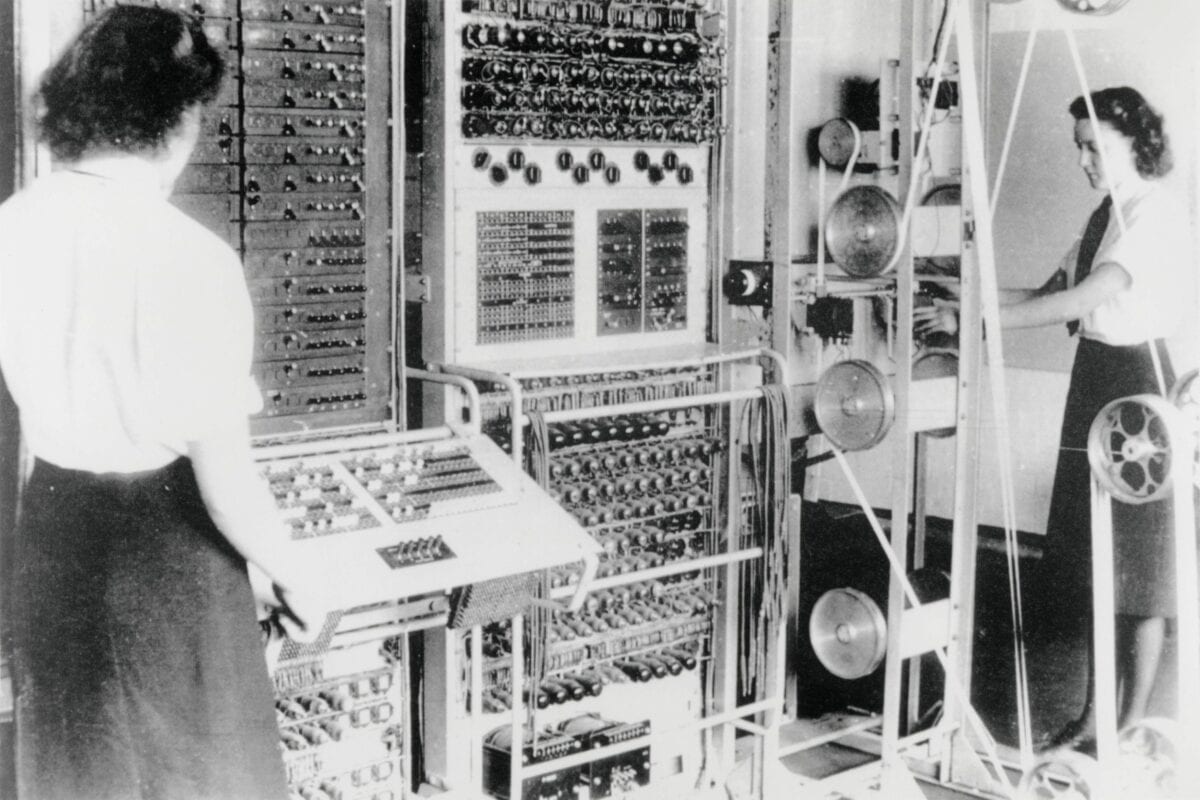
It’s time to hop in our time machines and blast off to the dawn of modern technology as we know it. From numerous contributions to coding languages to the modifications of the Internet and our own hardware, women have impacted every aspect of the tech industry as we know it today. Let’s take at some of the most influential women in tech history.
The Bletchley Park Code Crackers
From 1938-1945, The Bletchley Park Code Crackers were an elite code breaking team that helped change the course of World War II in favor of the allies. The women auditioned for this elite team by solving the Time’s cryptic crossword puzzles. These women were coined the Bletchley Park Code Crackers because they solved the codes while staying in a mansion at Bletchley Park. By cracking certain enemy codes, the women were able to give Prime Minister Winston Churchill early knowledge of Germany’s invasion plans, thus allowing the British enough time to prepare and counteract the attack.
The Ladies of the University of Pennsylvania’s Moore School of Engineering
Yet another war era group, the ladies University of Pennsylvania’s Moore School of Engineering helped change the course of World War II in 1942. They held several roles which included making calculations for firing tables and bombing trajectories, determining the correct sequence of steps for the calculation of these problems, setting up the ENAIC (Electronic Numerical Integrator and Computer, which was the first electronic general-purpose computer), and maneuvering over 3,000 switches and over 80 tons of hardware in order to program the ENAIC by hand.
Jean E. Sammet
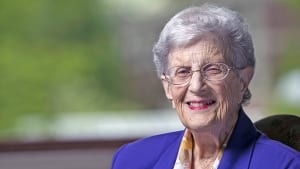
One of the pioneers at IBM, Sammet was the first woman to be awarded a Ph.D. in computer science in 1968. She went on to develop the first computer programming language while working at IBM. Without Jean, we may have never learned to communicate with computers through the art of coding.
Carol Shaw
When we think of technology, it’s important to remember the innovation of the gaming industry. Carol Shaw was the first female video game designer; first working with Atari and later joining Activision. She created some of the most popular games of the 1970s and 1980s. Some of her most prominent titles included 3-D tic tac toe, Super Breakout, Happy Trails, and fan favorite, River Raid.
Radia Perlman
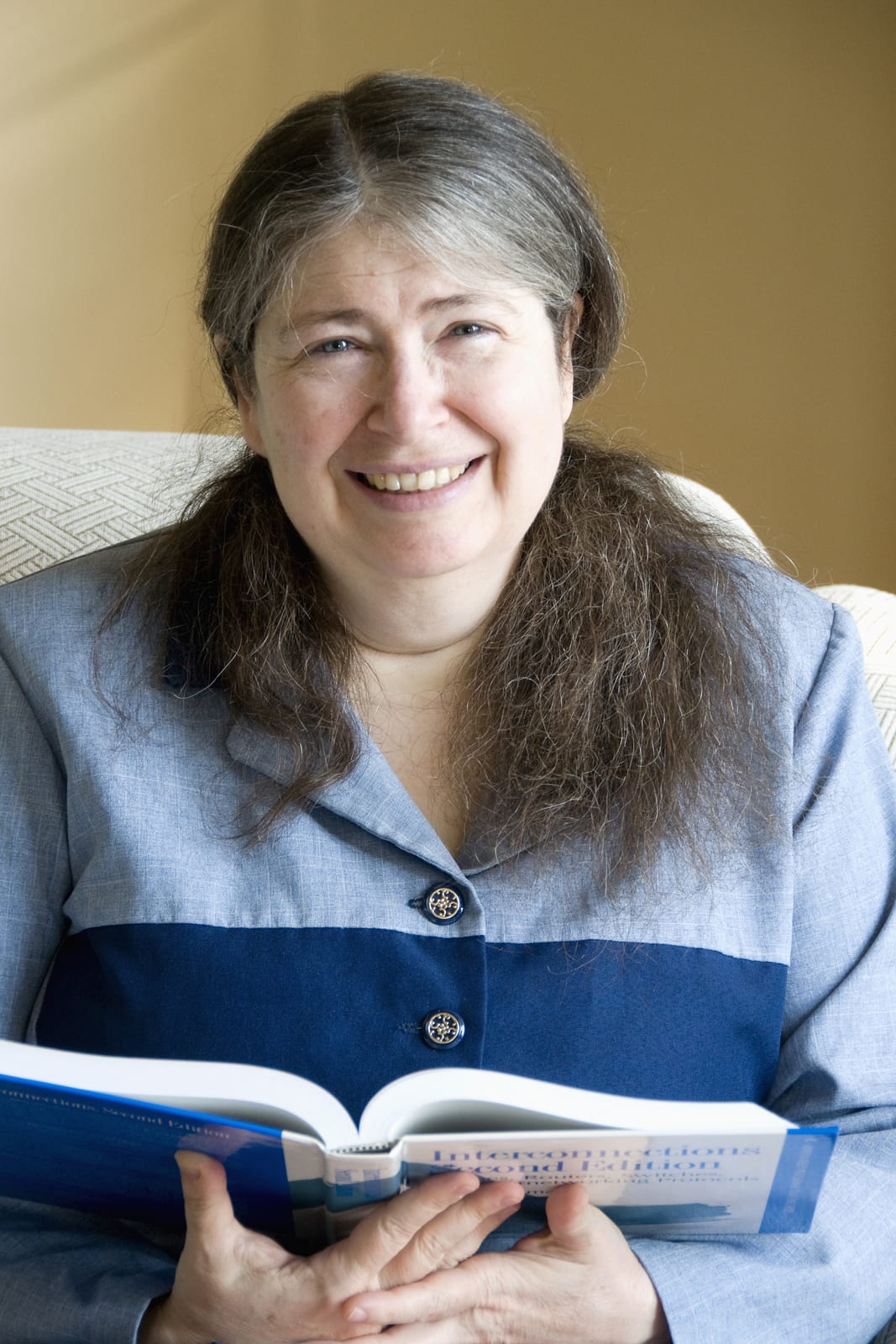
In today’s society, your tech devices and hardware are almost useless without a WI-FI connection, this is where Radia Perlman comes in as one of the preeminent women in tech history. She is known to many as the “Mother of the Internet”. She invented a specific protocol called the “spanning-tree”. This protocol ensures a network is loop-free for any ethernet local area network. As loops are essentially deadly to a network, Perlman’s work has transformed the internet into what it is today.
The Present: Women in Tech Today
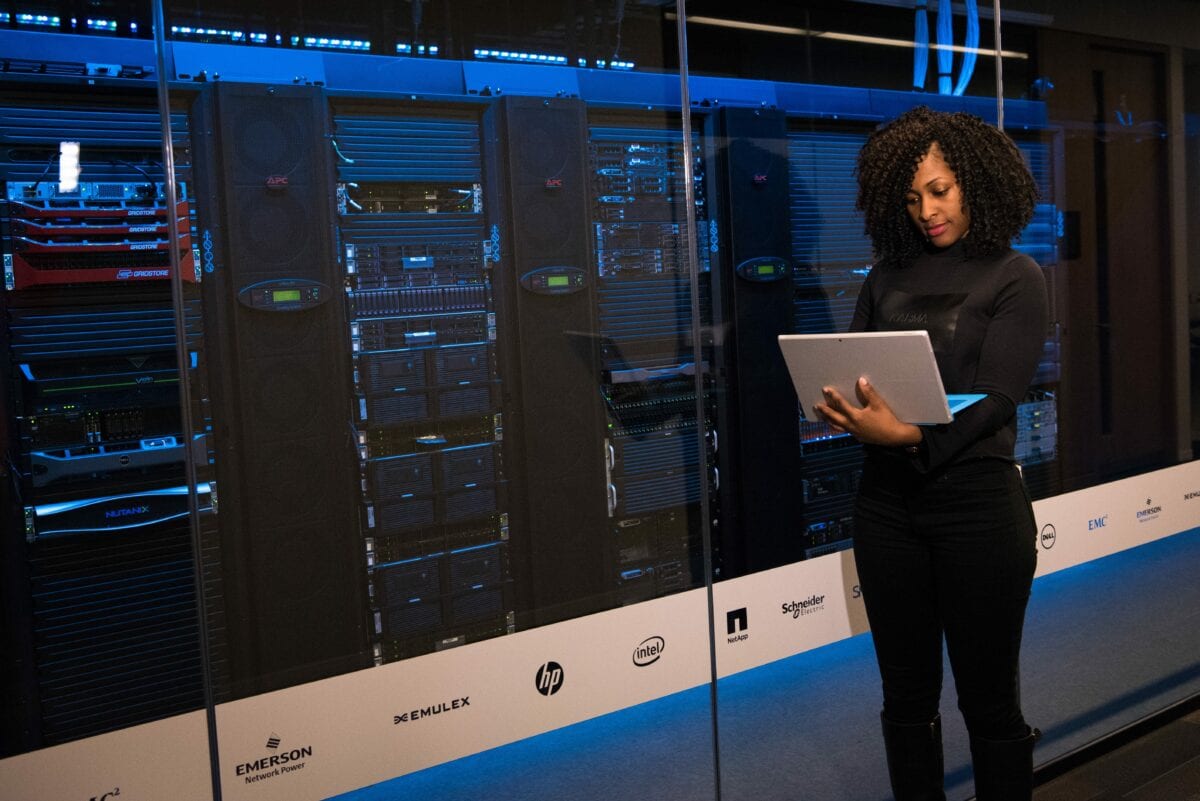
While they may not get a whole lot of attention, the truth is women in our industry are currently doing some pretty amazing things. Their achievements have helped shape the tech industry as we know it.
Sara Haider
Sara Haider works as an engineer for Twitter who works on major Android projects. She also runs Twitter’s Women in Engineering group and is also a major advisor for Girls Who Code, which is highlighted in the next section and offers awesome opportunities for young women to get involved in the tech world.
Kathryn Parsons
Kathryn Parsons founded Decoded, a platform that helps people of all backgrounds become digitally literate and learn to code in one day. In 2013, she was named one of Business Insider’s 30 Most Important Women in Tech under 30 and as of 2014, the program has helped more than 8,000 people learn to code.
Samantha John
At the ripe age of 26, Samantha John is not only a programming master, but the cofounder of Hopscotch, a coding platform that teaches kids to program their own games and animations. She is a major player in learning avocation and wants to empower kids to learn and engage with tech on their own.
Heather Payne
Heather Payne’s dedication to educating women in coding is so strong that she founded two different organizations, Ladies Learning Code and HackerYou. By founding these organizations, Payne’s mission to make tech learning accessible to women and girls of all ages and backgrounds is reachable. Girls Learning Code specializes specifically with girls in the Toronto area as it immerses them in a coding technology camp.
Patti S. Hart
Patti S. Hart has been the CEO of International Game Technology since 2009, making her a key woman in tech history already. She previously worked for both Pinnacle Systems and Sprint. She has a Bachelor of Science in Business Administration from Illinois State University.
Meg Whitman
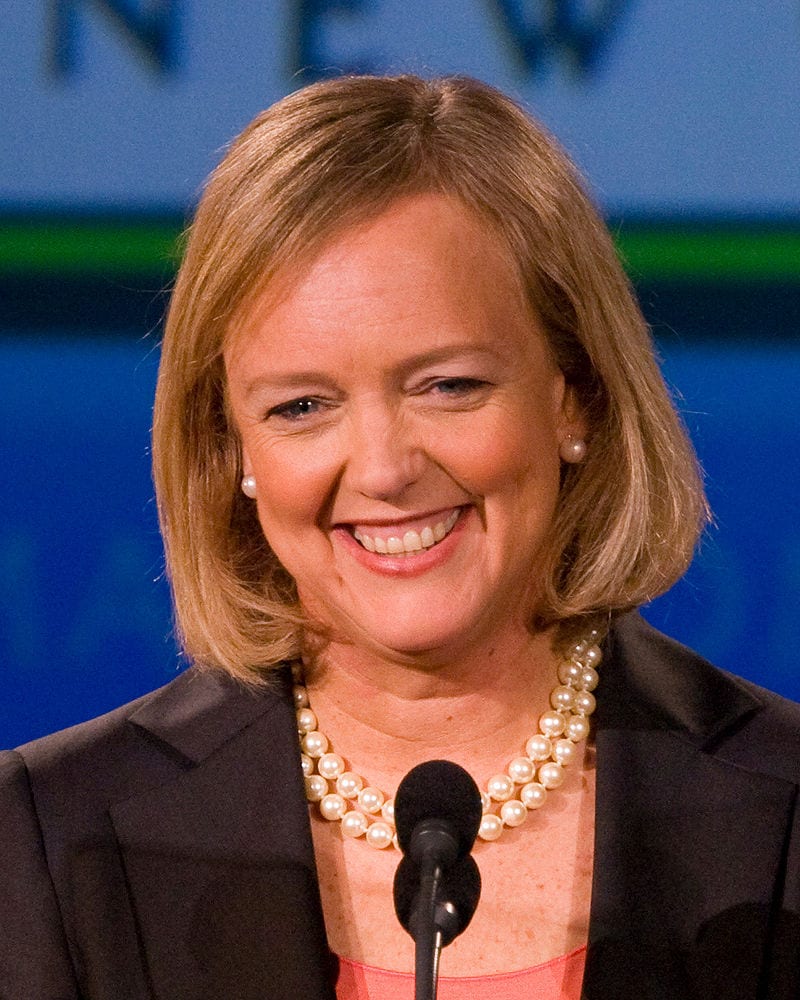
Meg Whitman has served as the CEO of HP since 2011, one of the largest computer hardware and software makers in the world. She has worked in leadership at many other companies including eBay, Disney, Procter & Gamble, FTD Inc., and Hasbro. She has degrees from both Harvard Business School and Princeton University.
Sheryl Sandberg
Since 2008, Sheryl Sandberg has served as the COO for Facebook. Before her time at Facebook, Sandberg worked at Google as the VP of Global Online Sales. She has a bachelor’s in economics and a master’s in business administration both from Harvard.
Virginia “Ginni” Rometty
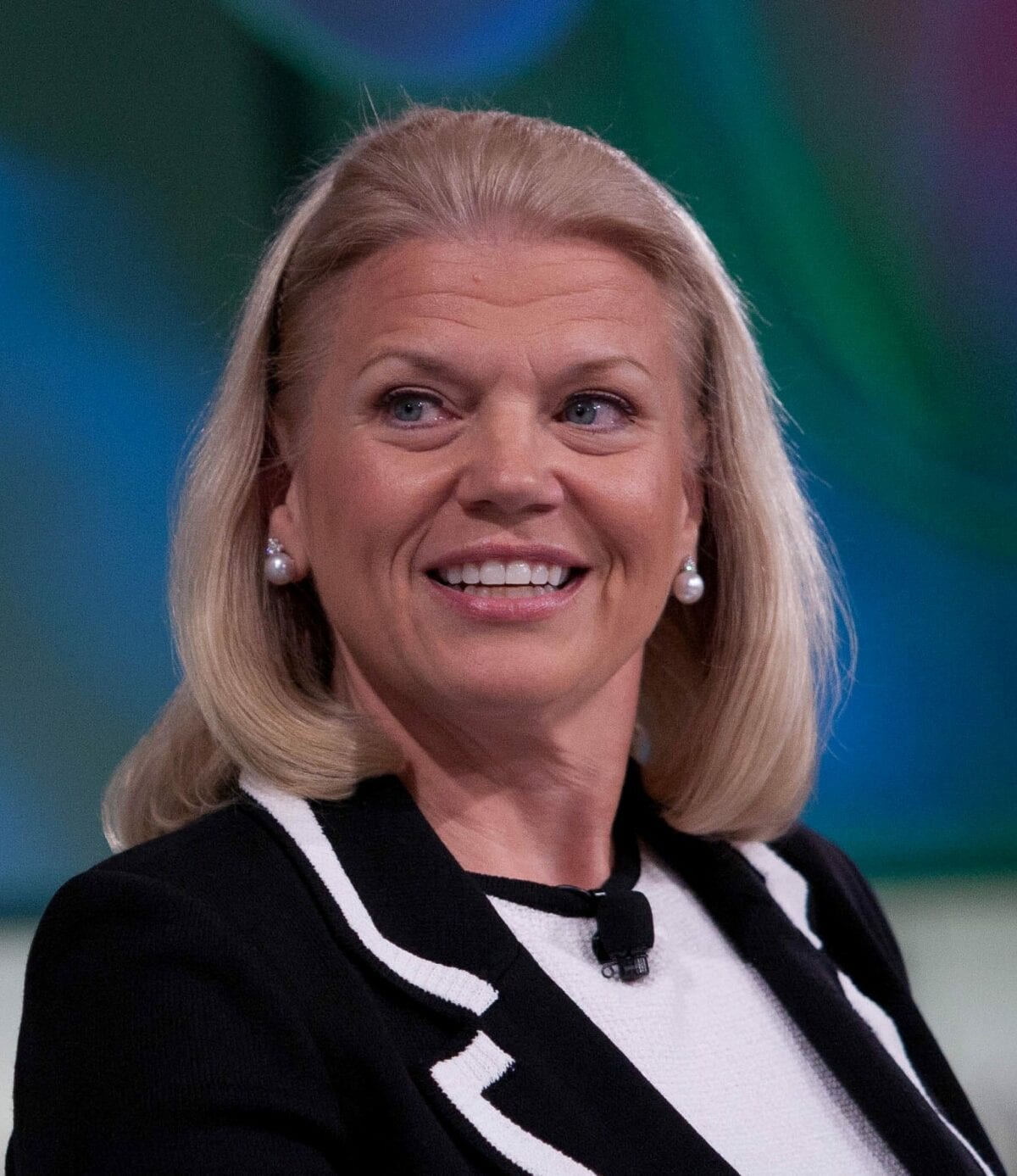
Much like Jean E. Sammet did in 1968, Virginia “Ginni” Rometty works for IBM. Rometty started with IBM in 1980 and has held many different roles throughout her time there. She was educated at Northwestern University and currently holds a bachelor’s in Computer Science and Electrical Engineering.
Marissa Mayer
If you log into Yahoo mail to catch up on emails, promotions, and news, then you have the President and CEO Marissa Mayer to thank for that. Before becoming Yahoo’s CEO in 2012, Mayer worked as an employee for Google. She was educated at Stanford and currently holds degrees in Symbolic Systems and Computer Science.
The Future: Women in Tech Tomorrow

Women have changed the tech industry as we know it, so where do we go from here? Even with the progress that’s been made, women still make up a small part of the tech industry. Even for women who do work in the tech industry, several must face difficult challenges and less pay than their male counterparts. Something we can ask ourselves is “What are we doing as a society to ensure the future success of women in the tech industry?”
Girls Who Code

Girls Who Code is a program that teaches girls aged 13-17 how to build websites and mobile apps and start their own companies. The program takes in 20 girls and lasts 8 weeks. The program is available in cities across the globe. Their mission is to get girls interested in science and engineering when they are very young and continue to support them as they pursue an education in technology.
Black Girls Code
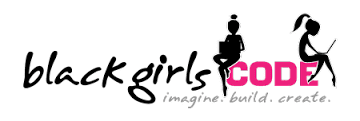
A shocking 1% of all technology startups are founded by African Americans, and even less are founded by African American women. Kimberly Bryant, the founder of Black Girls Code, wishes to change that. The company takes in African American girls aged 7 to 17 and offers courses in many different U.S cities.
STEMettes
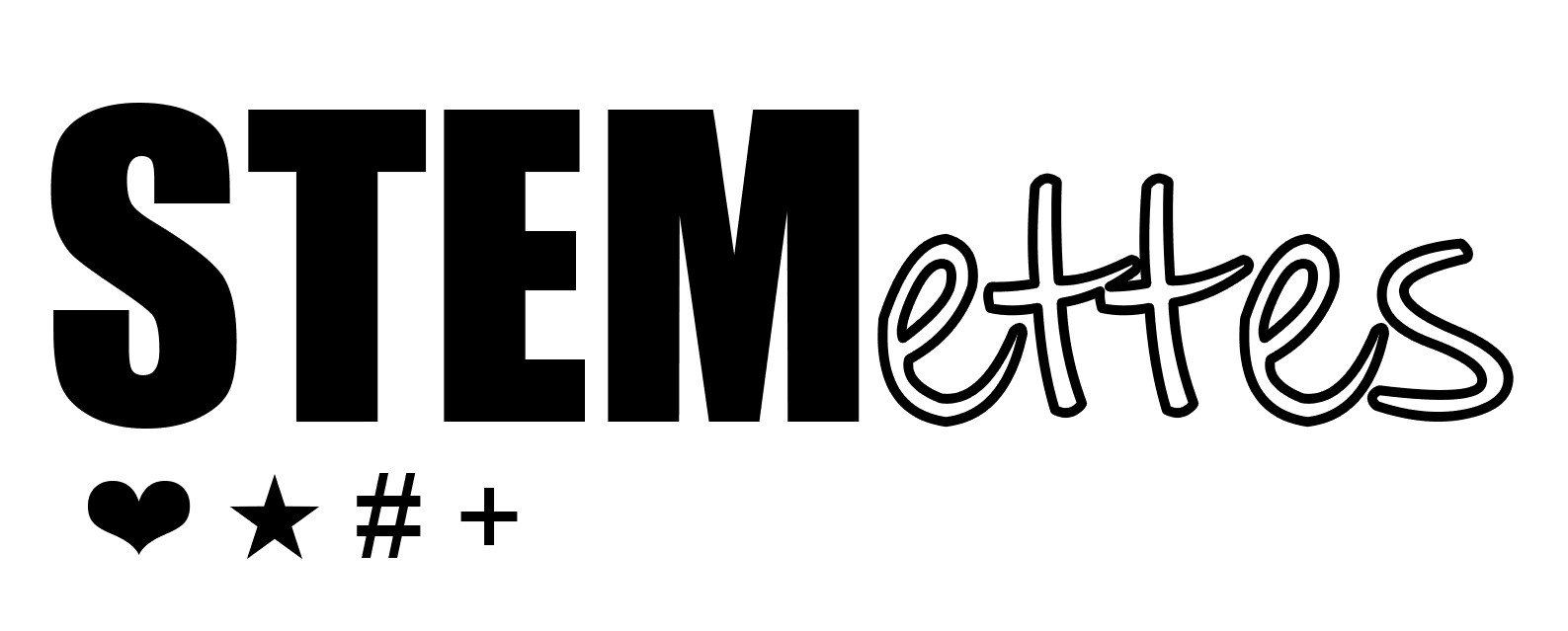
The goal of Stemettes is to inspire the next generation of girls to pursue STEM-related education and careers. As the project continues to grow, over 700 girls in the UK have already had the opportunity to get a glimpse into the STEM industry. The program’s mission statement specifically targets getting parents on board with STEM education and encourages them to help their children to learn both at home and in school.
These are just three of the numerous programs out there to help change the tide of the future for women in technology. Do your own research on the women of tech and the programs they have helped cultivate. You are bound to find an interest and resources that will help you on your own journey in the tech world. Some of the prominent resources for women in tech are scholarships, grants, mentorships, and other helpful and inclusive programs.
Where Do You Fit In?
Whether you identify as a woman or not, the responsibility to fight for equality in the tech industry falls on everyone’s shoulders. If you’re interested in learning to code and growing within a supportive and collaborative environment, Career Karma is the right place for you. Through the Career Karma platform, you’ll have the opportunity to meet thousands of other passionate coders, join specific squads to express your interests, and help you stay motivated and passionate throughout your coding journey. In addition to its social platform, Career Karma also matches you with your ideal coding bootcamp so you can be on your way to beginning your coding journey and enacting real change in the tech industry!
About us: Career Karma is a platform designed to help job seekers find, research, and connect with job training programs to advance their careers. Learn about the CK publication.



